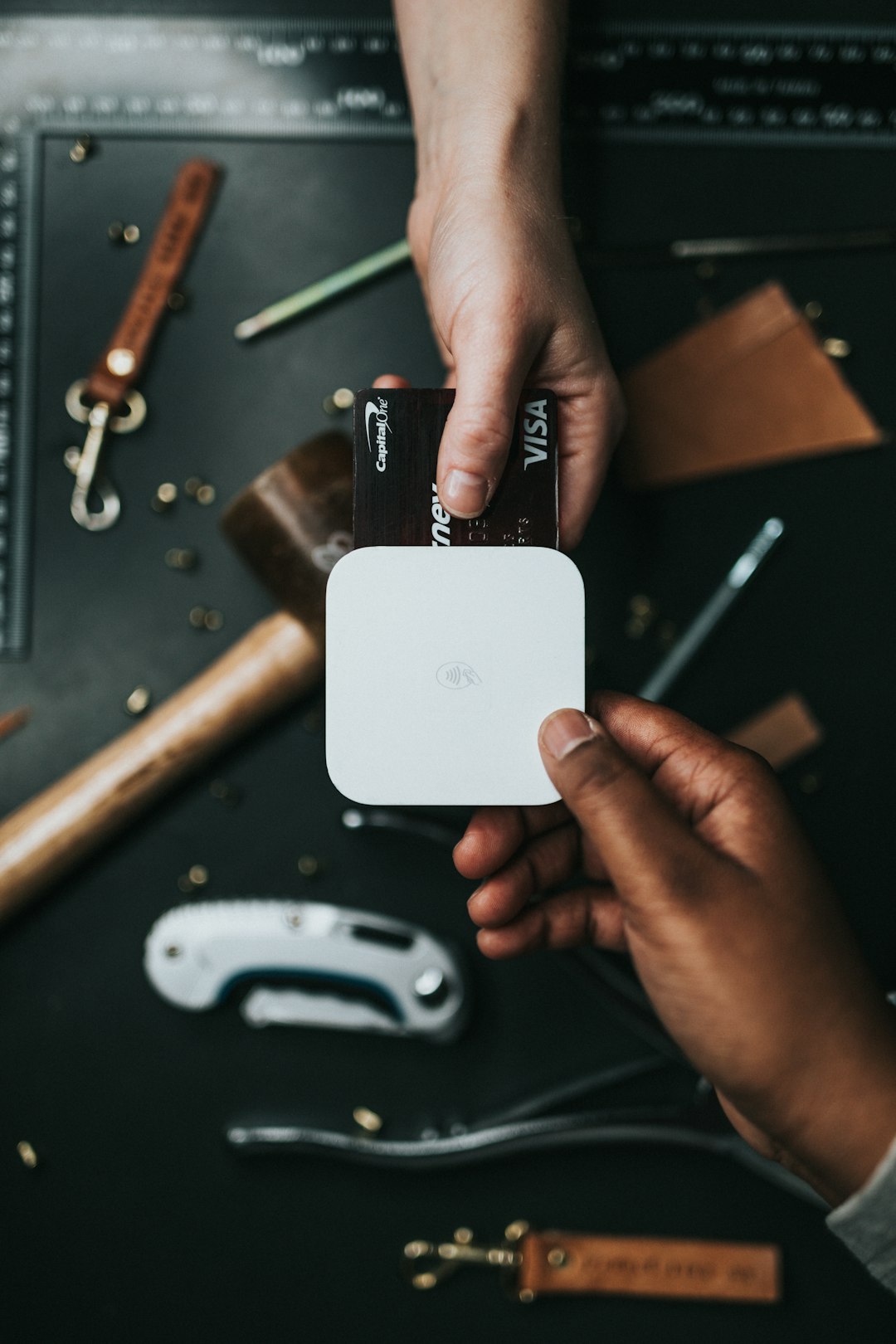Turns out, easy credit is not so easy. First, the proliferation of credit cards means consumers are paying high interest rates and often excessive late fees. In fact, a recent report by the Consumer Financial Protection Bureau (CFPB) indicates consumers paid $12 billion in credit card late fees in 2020.
Here’s more:
The CFPB’s leadership has suggested that card issuers should be working to compete on services offered rather than earning money by profiting from punitive fees.
“Many credit card issuers have made late fee penalties a core part of their profit model. Markets work best when companies compete on price and service, rather than relying on back-end fees that obscure the true cost.” said CFPB Director Rohit Chopra. “Given their current practices, we expect that credit card issuers will hike fees, based on inflation, as limits continue to rise.”
Low-income consumers tend to be hardest hit by late fee charges:
In 2019, credit card accounts held by cardholders living in the United States’ poorest neighborhoods paid twice as much on average in total late fees than those in the richest areas.
People in areas with the lowest rates of economic mobility paid nearly $10 more in late fee charges per account compared to people in areas with the highest rates of economic mobility.
Subprime cards and private label cards are particularly susceptible to late fee charges. For example, the average deep subprime account gets charged $138 in late fees per year, and deep subprime accounts are more likely than super-prime accounts to carry smaller balances. As a result, deep subprime cardholders pay late fees that represent a higher percentage of their balances (11% compared to 0.8% for super-prime accounts).
The system of supposedly easy credit often traps those least able to afford it in a cycle of debt that is difficult to escape.

Speaking of credit that is easy to obtain buy causes lots of problems, let’s take a look at Buy Now, Pay Later:
As Buy Now, Pay Later (BNPL) products such as AfterPay, Klarna, PayPal (pay in 4), Affirm, and others saturate the market with easy credit, consumer advocates continue to warn about the dangers of these products.
The key concern is a lack of regulation. While BNPL can act like a credit card in some ways, it’s really a short-term installment loan. The products tend to offer “no fee” credit IF a consumer pays the full price for an item or service in four installments. So, a consumer will pay 25% of the price of the item up front and then make three additional payments (usually over about 2 months) to complete the purchase.
The consumer leaves the store (or completes the online purchase) while only paying a fraction of the total cost. This makes items that might seem unaffordable become accessible.
The consumer protection attorneys at Finn Law Group note the products carry certain risks:
Buy Now, Pay Later credit schemes are becoming increasingly popular. Now more than ever, companies are offering instant credit approval for discretionary purchases like recreation, entertainment and vacations including timeshare and travel clubs. However, these forms of credit can be risky for consumers who may not be aware of the hidden costs, terms, and risks associated with them. Many of these purchases are on impulse and are not planned, so people may not be thinking about the long-term consequences of taking on this type of debt.
Credit schemes like Buy Now Pay Later can be very tempting for consumers. After all, who wouldn’t want to purchase that new TV or vacation now and worry about the payment later? However, these schemes often are loaded with hidden charges and fees, which can add up quickly. In other cases, the full balance of the purchase may need to be paid off in a very short amount of time, leaving consumers with little time to save up for the payment.
A Call for Regulation of Fintech Lenders
A coalition of advocacy groups representing consumers and banks is calling on Congress to close a loophole that allows so-called fintech companies to operate as banks without any of the attendant regulation.
The groups released a letter calling on Congress to pass bipartisan legislation sponsored by Rep. Chuy Garcia (D-IL) and Lance Gooden (R-TX) that would close what is known as the “ILC loophole.”
The ILC loophole allows large technology companies — such as Japanese e-commerce firm Rakuten, whose primary business is monetizing consumer data — and other commercial firms to own and operate what is essentially a full-service FDIC-insured bank, and do so entirely free from the regulatory oversight, activity limitations and prudential safeguards that apply to every other person who owns or operates a federally-insured depository institution.
According to the Bank Policy Institute, current law gives an ILC or industrial loan company freedom from regulation:
ILCs offer banking products and services that are functionally indistinguishable from those offered by banks, but the ILC loophole allows the parent companies of ILCs to avoid oversight by the Federal Reserve Board and to engage in commercial activities, thus introducing risk to the banking system and to taxpayers.
“Although ILCs have the powers of a commercial bank, their corporate owners — unlike the owners of commercial banks — are not subject to consolidated supervision and regulation by a federal banking agency, which can allow risks to build up in the organization outside the view of any federal supervisor. Simply put, this regulatory loophole creates safety and soundness risks for the institution, risks to the financial system and additional risks for consumers and taxpayers,” the groups wrote.
MORE CONSUMER NEWS
Student Loan Servicer Edfinancial Faces $1 Million Fine


